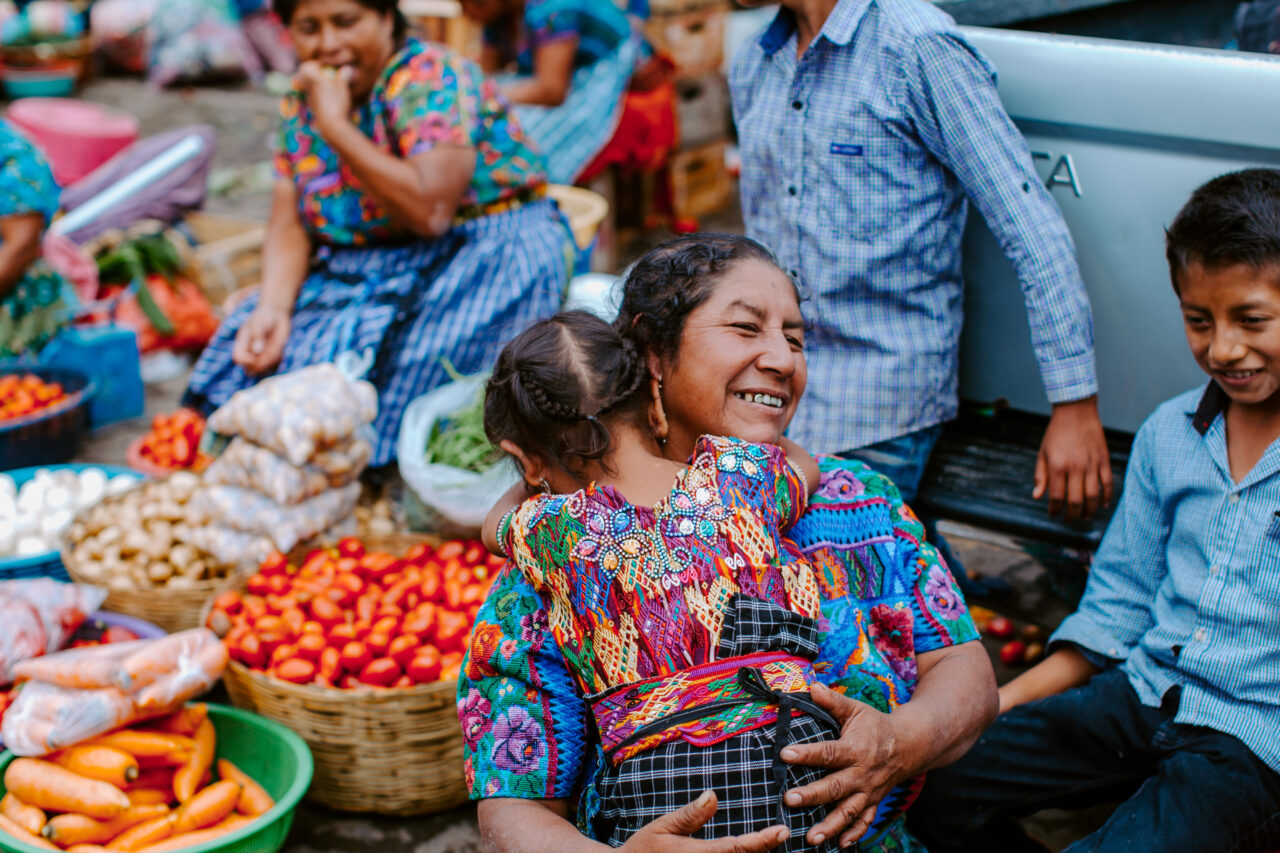Central America is characterized by high levels of sexual and gender-based violence against women and children, including domestic violence, child abuse, and sexual assault. The Northern Triangle countries of El Salvador, Guatemala, and Honduras have among the highest homicide rates in the world and impunity for perpetrators of violence is the norm, with conviction rates for violence against women under 5 percent. Violent crimes against women and children are assumed to be substantially under-reported because many victims lack access to protection and justice from local authorities. The threat or experience of violence has contributed in-part to an upsurge of outmigration from Central America. Significant investment to strengthen partnerships between governments and civil society partners to improve public justice systems’ prevention and response to violence is essential for stability and prosperity, as well as a reduction in outmigration.
The Central American Women and Children Protection Act would designate U.S. foreign assistance to build the capacity of Central American governments to protect women and children from sexual assault, domestic violence, and other crimes and to deter violence by bringing perpetrators to justice.
The bill was reintroduced in the Senate on June 10, 2021 by Sen. Marco Rubio (R-FL) and Sen. Robert Menendez (D-NJ) and was reintroduced in the House on June 17, 2021 by Rep. Norma Torres (D-CA) and Rep. Ann Wagner (R-MO). The bill was first introduced in May 2019 and passed the House in summer 2019, but it died in the Senate Foreign Relations Committee at the end of the 116th Congress in January 2021.
The legislation authorizes the Secretary of State to enter into bilateral agreements called “women and children protection compacts” with the governments of Guatemala, Honduras, and El Salvador to achieve specific, measurable protection outcomes. These “compacts” will focus the attention of both the local authorities and the U.S. government and increase both political will and capacity to address violence against those most vulnerable. The Senate bill authorizes $15 million per fiscal years 2022 and 2023; the House bill authorizes $25 million per year for the same time period. ($25 million for programs to combat sexual and gender-based violence in the Northern Triangle was included in the FY21 appropriations bill.)
The legislation will:
- Decrease and deter violence against women and children in Central America;
- Deter migration by making homes and communities safer;
- Increase safe access by women and child survivors of violence to adequate, appropriate, and coordinated support services (economic, medical, psychological, security, shelter, legal);
- Enhance the performance, will and capacity of justice system officials, including police, prosecutors, and courtroom personnel to provide a coordinated, multi-disciplinary, victim-centric response to crimes of violence against women and children; and
- Enable local justice officials and civil society partners in the compact countries to provide the necessary resources for vulnerable families and survivors of sexual assault, domestic violence.
What members of Congress can do: We ask members of Congress to co-sponsor the Central American Women and Children Protection Act (S. 2003 and H.R. 4017) and push for the bill’s expeditious passage.
. . .
Read more about the reintroduction of the Central American Women and Children Protection Act HERE.
